The European Union's (EU) imports from Russia fell to a record low in the second quarter of 2024, but there are signs that Moscow is successfully evading Western sanctions.
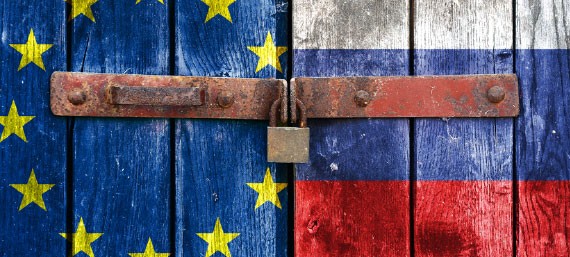 |
| Imports from Moscow to the EU fell sharply as soon as Russia launched a special military operation in Ukraine in February 2022. (Source: Vestnikkavkaz) |
Data released by Eurostat, the EU's official statistics agency, on August 28 showed that the bloc's imports from Russia fell by 16% in the second quarter of 2024 compared to the first quarter of 2024.
In June, the total value of EU imports from Russia fell to €2.47 billion – the lowest monthly level since Eurostat began collecting data in January 2002.
Previously, April and May saw the second and third lowest monthly imports, at €2.66 billion and €2.89 billion respectively.
Exports also recorded a similar sharp decline, falling to 2.43 billion euros in June – the lowest level since January 2003.
Sanctions evasion trend persists
Imports from Moscow to the 27-member bloc fell sharply as Russia launched a special military operation in Ukraine in February 2022. Exports also fell at a steady pace.
Philipp Lausberg, an analyst at the European Policy Center (EPC), told Euractiv that one possible reason for the trade stabilization was Brussels’ 14 rounds of sanctions against Moscow, which have focused more on banning purchases of specific commodities such as oil and coal.
“The last two sets of sanctions have focused more on enforcement and preventing circumvention. So I think there is a reason for the decline in trade between Russia and the 27-member bloc,” the analyst stressed.
However, experts see the trend of sanctions evasion continuing.
The Eurostat data comes amid persistent concerns about sanctions evasion, as trade between European countries and countries in Asia, the Caucasus and the Middle East has surged since February 2022.
Alexander Kolyandr, non-resident senior fellow at the Center for European Policy Analysis (CEPS), noted that between 2021 and 2023, EU exports to Uzbekistan almost doubled from (€2.30 billion to €4.35 billion), sales of goods to Armenia almost tripled (€757 million to €2.16 billion), and exports to Kyrgyzstan increased more than tenfold (€263 million to €2.73 billion).
"The Kremlin has demonstrated its ability to circumvent sanctions by dealing with third countries. Non-Soviet countries such as China and Türkiye could also be important avenues for sanctions evasion," said Mr. Kolyandr.
Meanwhile, Mr. Lausberg noted that although sanctions evasion remains a big problem, if Russia had to sell through a third country, the latter would earn some of the money Russia lost.
"Not only that, when buying high-tech products and electronics, Moscow will have to pay more than before," Mr. Lausberg affirmed.
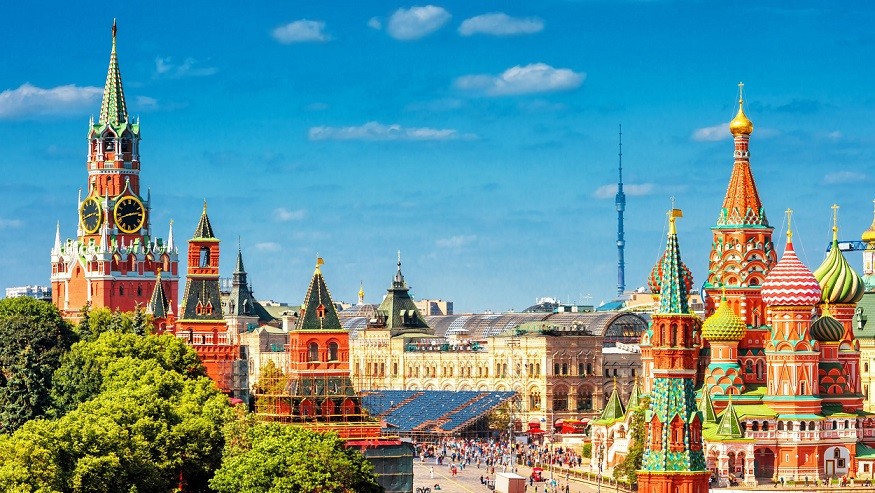 |
| Russia has seen healthier economic growth, though that's not necessarily good news for the eastern country. (Source: AP) |
Is the Russian economy overheating?
Meanwhile, Kolyandr and Lausberg note that the EU and Russia appear to be on different economic trajectories, with Russia enjoying healthier economic growth, although that is not necessarily good news for the eastern country.
According to the International Monetary Fund (IMF), the Russian economy is expected to grow three times faster than the EU economy this year (Moscow will grow by about 3.2% and the EU at 1.1%).
The country's manufacturing sector has also seen a significant boom since the conflict in Ukraine broke out, while Europe's industry remains in stagnation or recession.
However, Mr Lausberg noted that Russia's strong economic performance is the result of a recovery from the recession in 2022, thanks in no small part to a sharp increase in military spending. But this spending, according to the analyst Lausberg, will not represent "a long-term investment."
He also pointed out that Russia is still struggling with economic problems such as a severe labor shortage and high prices for high-tech imports.
Analyst Kolyandr noted that the Russian economy continues to show signs of “overheating” (a process in which supply fails to meet rising demand, creating strong inflationary pressures).
“Almost every economic figure confirms this trend, with Russia’s unemployment rate falling to a record low of 2.6% in April, while real wages rose 13% in March year-on-year due to a labor shortage. This is more than twice as fast as the country’s GDP,” said Kolyandr.
Source: https://baoquocte.vn/lach-thanh-cong-lenh-trung-phat-cua-eu-nga-mat-nhieu-tien-hon-nen-kinh-te-lanh-manh-cung-khong-han-tin-tot-284409.html



![[Photo] Russian military power on display at parade celebrating 80 years of victory over fascism](https://vphoto.vietnam.vn/thumb/1200x675/vietnam/resource/IMAGE/2025/5/9/ce054c3a71b74b1da3be310973aebcfd)
![[Photo] Prime Minister Pham Minh Chinh chairs a special Government meeting on the arrangement of administrative units at all levels.](https://vphoto.vietnam.vn/thumb/1200x675/vietnam/resource/IMAGE/2025/5/9/6a22e6a997424870abfb39817bb9bb6c)
![[Photo] General Secretary To Lam and international leaders attend the parade celebrating the 80th anniversary of the victory over fascism in Russia](https://vphoto.vietnam.vn/thumb/1200x675/vietnam/resource/IMAGE/2025/5/9/4ec77ed7629a45c79d6e8aa952f20dd3)
![[Photo] Magical moment of double five-colored clouds on Ba Den mountain on the day of the Buddha's relic procession](https://vphoto.vietnam.vn/thumb/1200x675/vietnam/resource/IMAGE/2025/5/9/7a710556965c413397f9e38ac9708d2f)

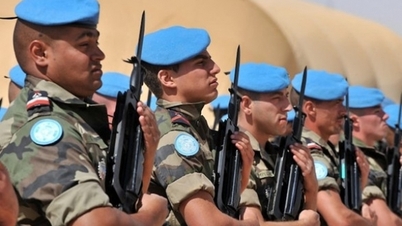


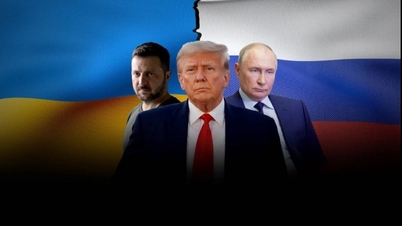
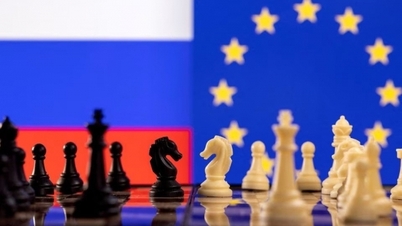

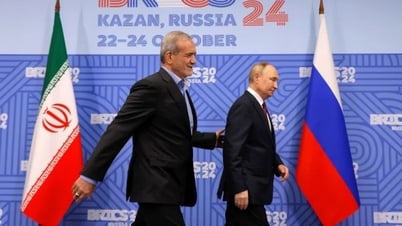












































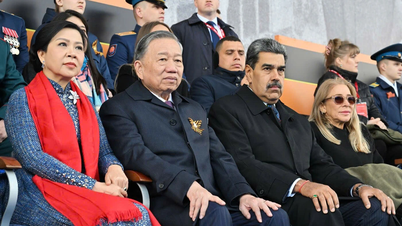






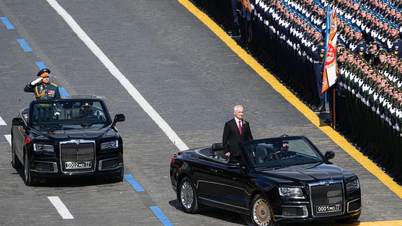






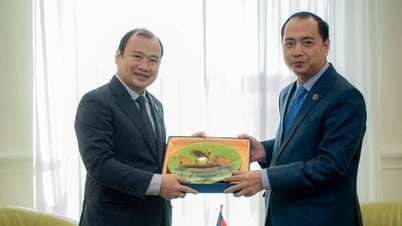
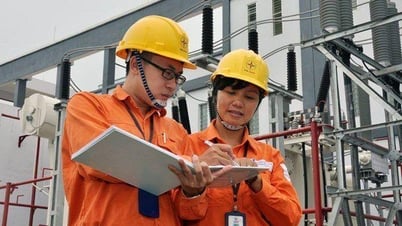












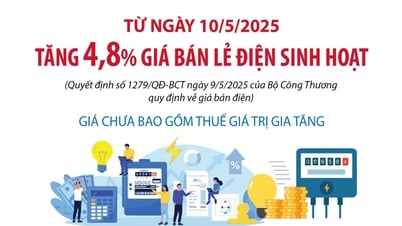











Comment (0)